Natalia Veselnitskaya, the Russian lawyer who top Trump campaign officials were told had compromising information on Hillary Clinton ahead of 2016 Trump Tower meeting, said in an interview with The Associated Press that special counsel Robert Mueller has not interviewed her as part of his probe into Russian interference.
In her interview, which took place in downtown Moscow, Veselnitskaya claimed that if Mueller’s team never questions her, it would mean that it “is not working to discover the truth.”
A well-connected Moscow lawyer, Veselnitskaya has worked with Prevezon Holdings Ltd., a company, according to AP, "owned by the son of a former Russian government official and a fierce advocate for rolling back U.S. sanctions on Russia."
At the time of the Trump Tower meeting, she was "defending Prevezon against charges it had engaged in money laundering from a $230 million Russian tax fraud scheme."
Veselnitskaya was identified last year after President Donald Trump's eldest son, Donald Trump Jr., came under fire for revealing that he met with a Russian lawyer during the 2016 presidential campaign. An intermediary for the lawyer promised damaging information about Hillary Clinton, the Democratic opponent. Trump Jr.’s emails––"If it’s what you say I love it especially later in the summer," he wrote––contradict months of denials by the Trump administration of any collusion with Russian operatives.
Trump Jr. and the others who attended the meeting (including the president's son-in-law and adviser Jared Kushner and former campaign chairman Paul Manafort) claimed nothing came of it, insisting they met with Veselnitskaya to discuss issues related to U.S. sanctions against Russia and the adoption of Russian children by Americans.
Although Veselnitskaya has not yet met with Mueller, she did meet with members of the Senate Intelligence Committee, who interviewed her last month and have sought to determine whether her appointment with members of the Trump campaign was part of a Russian government effort to help Donald Trump win the White House. Veselnitskaya declined to meet with Senate investigators in the United States, saying she feared for her safety. Instead, she and the committee's investigators met in a Berlin hotel on March 26 and talked for three hours.
"That was essentially a monologue. They were not interrupting me," Veselnitskaya said. "They listened very carefully...Their questions were very sharp, pin-pointed."
Nothing that investigators focused their attention on the Trump Tower meeting, Veselnitskaya says she reiterated her previous statements about it. She added that the interview also focused on the controversial dossier compiled by former British intelligence agent Christopher Steele, whose work was funded by the Democratic National Committee.
The dossier––whose validity Trump has continued to question––contains numerous allegations of Russian ties to Trump, his associates and the Trump campaign. The dossier is "absolute nonsense," she said, and Glenn Simpson, whose firm Fusion GPS was hired to compile the dossier and who was questioned by the House Intelligence Committee in January, had been "framed."
The Senate Intelligence Committee has not yet sent her the minutes of the interview, Veselnitskaya said, because no one has figured out a safe way to get them to her. Asked why she met with Senate investigators in Berlin, she said, "I’m ready to explain things that may seem odd to you or maybe you have suspicions."
The story of what happened that day in Trump Tower has remained a sore spot for the Trump camp.
An executive at Vkontakte, or VK, Russia’s equivalent to Facebook, emailed Donald Trump Jr. and social media director Dan Scavino in January and November 2016, offering to help promote Trump’s campaign to its millions of users, according to previously undisclosed emails which show follow-up after a meeting at Trump Tower in June of last year. The emails were read to The Washington Post. Their authenticity was confirmed by individuals with knowledge of their contents. They show a new direct “point of contact” between an influential Russian and members of the Trump campaign.
Congressional investigators discovered the emails from the British publicist, Rob Goldstone, who arranged the meeting, and raised questions at Wednesday’s classified meeting with Trump Jr., who claimed he could not recall the interactions, and cited attorney-client privilege.
An email dated November 5, 2016, from Goldstone to Don Scavino, a former Trump aide who is now the White House’s director of social media, reveals that Konstantin Sidorkov, who serves as VK’s director of partnership marketing, offered to join forces with the Trump campaign.
“It will be the top news in Russia,” Sidorkov wrote. Scavino seemed enthusiastic about the possibility and it’s unclear whether the campaign pursued the idea. “Please feel free to send me whatever you have,” Scavino wrote to Goldstone on Jan. 19. “Thank you so much for looking out for Mr. Trump and his presidential campaign.” He added that “Don and Paul” were on board with the idea — a reference to then-Trump campaign chairman Paul Manafort and Trump Jr.
Sidorkov emailed Scavino, Trump Jr. and Donald Trump’s longtime assistant Rhona Graff a few days later. “Nice to meet you and your team,” Sidorkov wrote, before attaching information about VK and its social media reach.
Asked last summer by Fox News host Sean Hannity whether there was any follow-up, Trump Jr. said:
There wasn’t really follow-up because there was nothing there to follow up. You know, as we were walking out, [Goldstone] said ‘Listen, I’m sorry for that. … There was some puffery to the email, perhaps to get the meeting, to make it happen, and you know, in the end, there was probably some bait and switch about what it was really supposed to be about. And so, you know, there is nothing there.
A separate CNN report alleges that “Candidate Donald Trump, his son Donald Trump Jr. and others in the Trump Organization received an email in September 2016 offering a decryption key and website address for hacked WikiLeaks documents.”
Congressional investigators “are trying to ascertain whether the individual who sent the September email is legitimate and whether it shows additional efforts by WikiLeaks to connect with Trump’s son and others on the Trump campaign,” the report continues. Multiple sources described the email and its contents to CNN and it was also verified by Trump Jr.’s attorney.
The Trumps and their associates received the email less than three weeks before Wikileaks reached out to Trump Jr. just before midnight on September 20, 2016, regarding a PAC-funded, anti-Trump website. “A PAC run anti-Trump site putintrump.org is about to launch,” WikiLeaks wrote. “The PAC is a recycled pro-Iraq war PAC. We have guessed the password. It is ‘putintrump.’ See ‘About’ for who is behind it. Any comments?”
Trump Jr. responded: “Off the record I don’t know who that is, but I’ll ask around. Thanks.”
After The Atlantic went public with the messages, Trump Jr. decided to post them to his personal Twitter account. “Here is the entire chain of messages with @wikileaks (with my whopping 3 responses) which one of the congressional committees has chosen to selectively leak,” he wrote. “How ironic!”
Trump Jr. later downplayed the significance of these messages upon meeting with investigators.

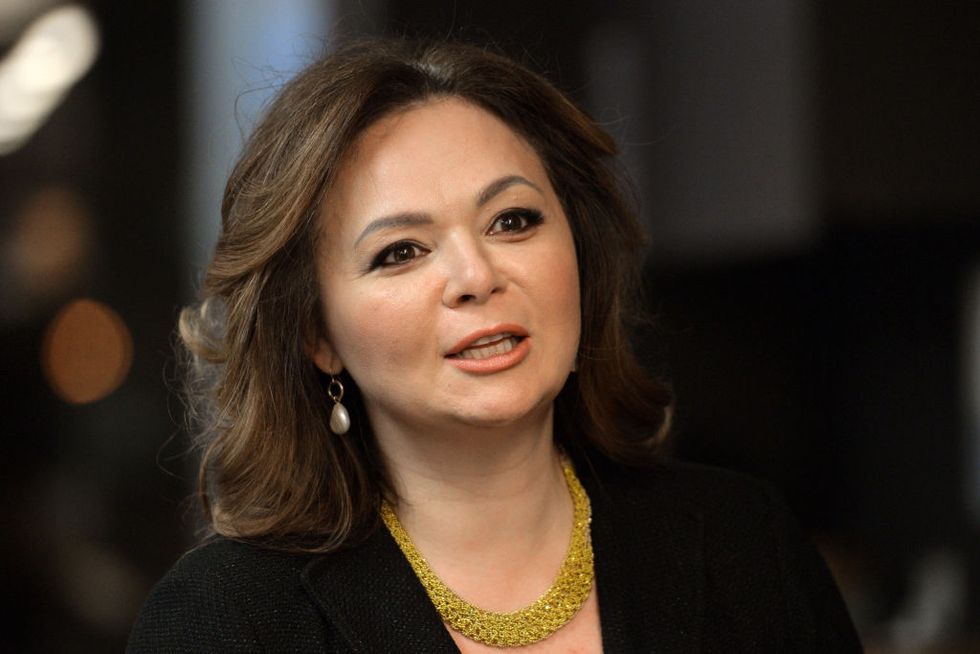



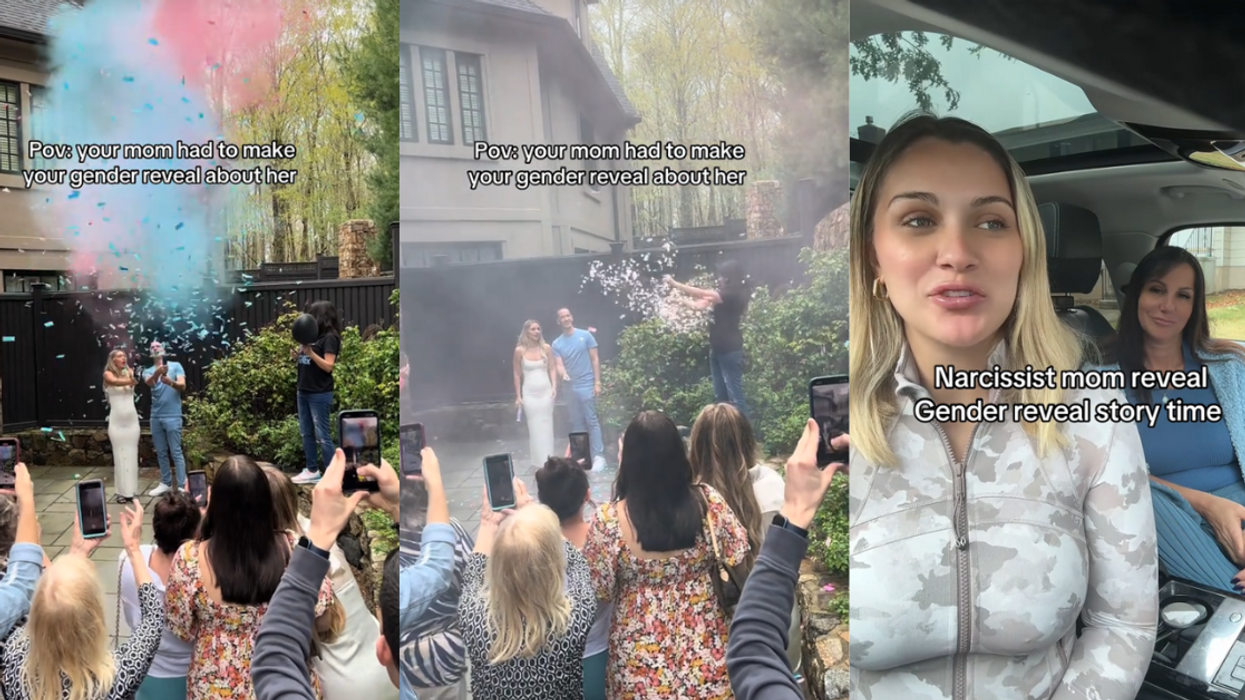
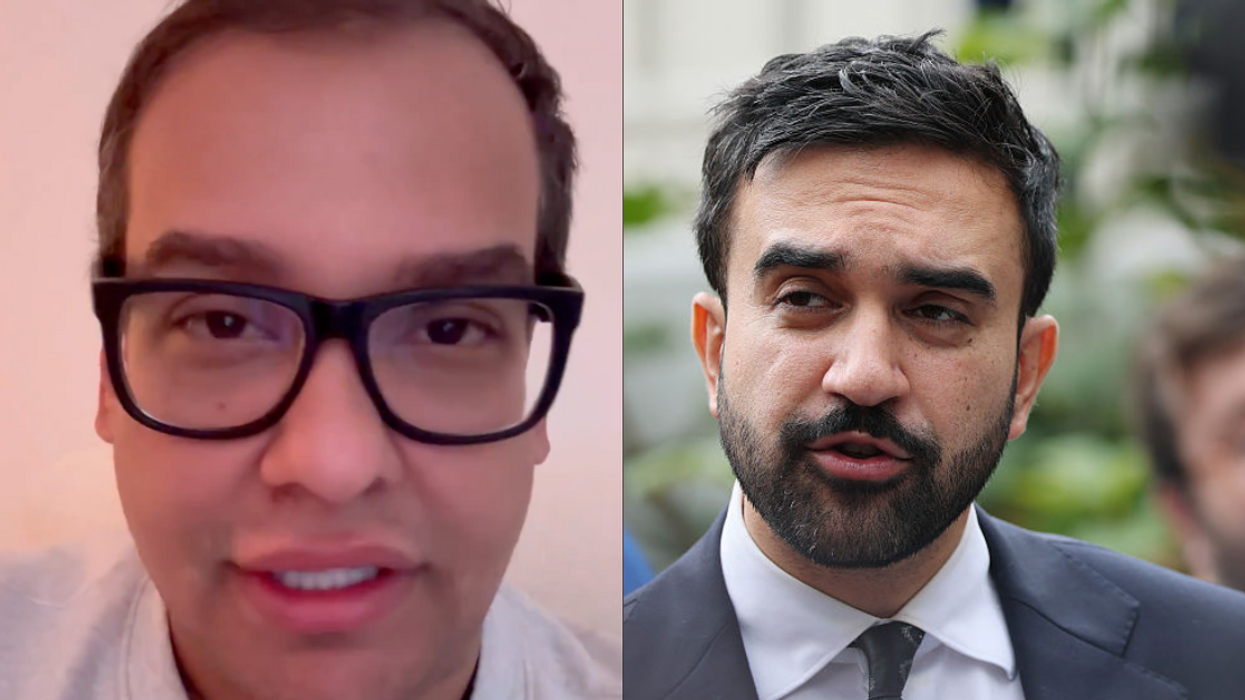
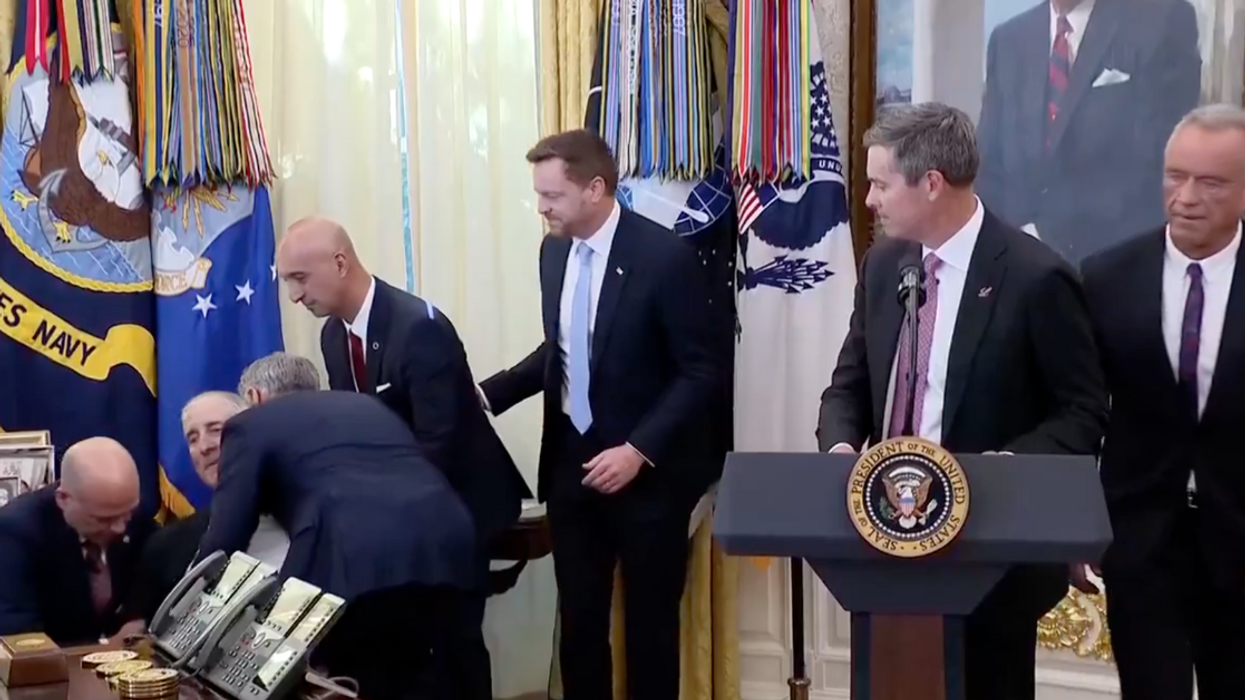
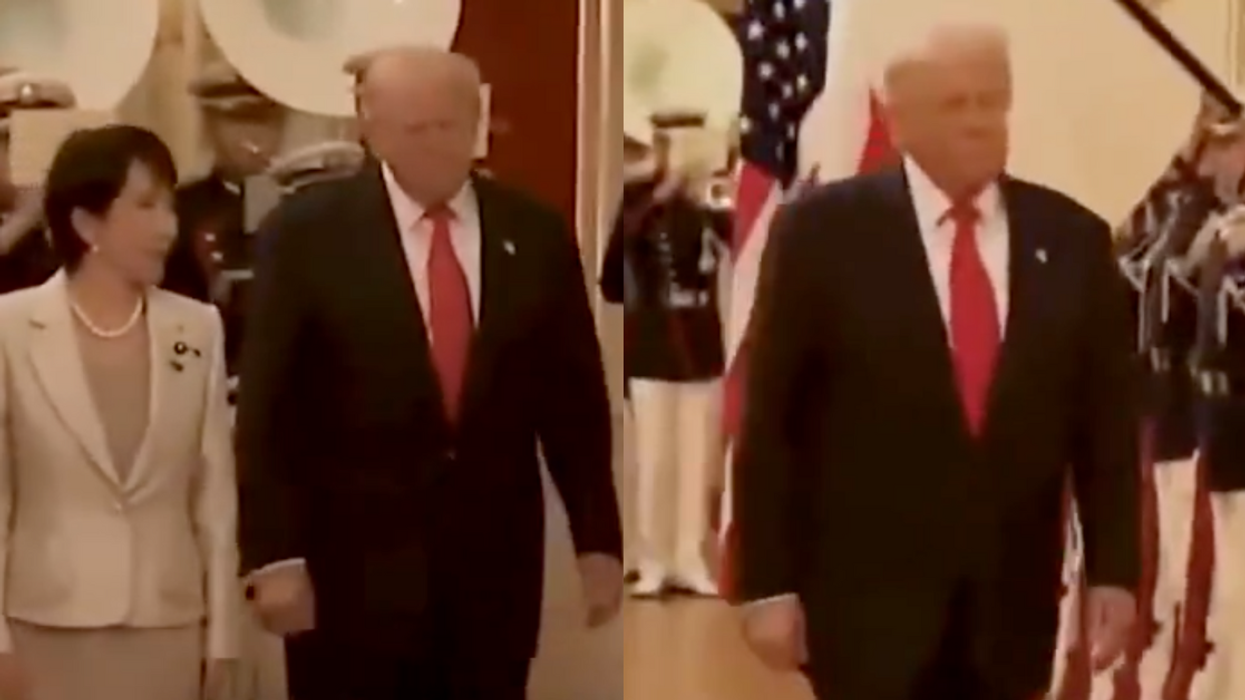





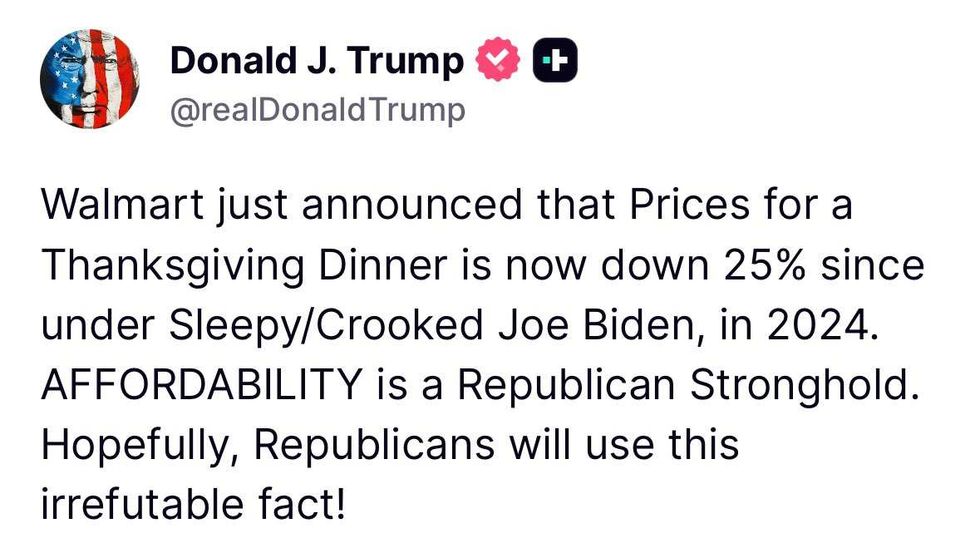 @realDonaldTrump/Truth Social
@realDonaldTrump/Truth Social

 breast cancer GIF by Baptist Health South Florida
breast cancer GIF by Baptist Health South Florida  Teddy Bear Doctor GIF
Teddy Bear Doctor GIF 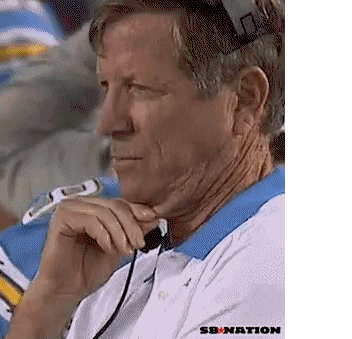 feeling neck skin GIF
feeling neck skin GIF  praying GIF
praying GIF 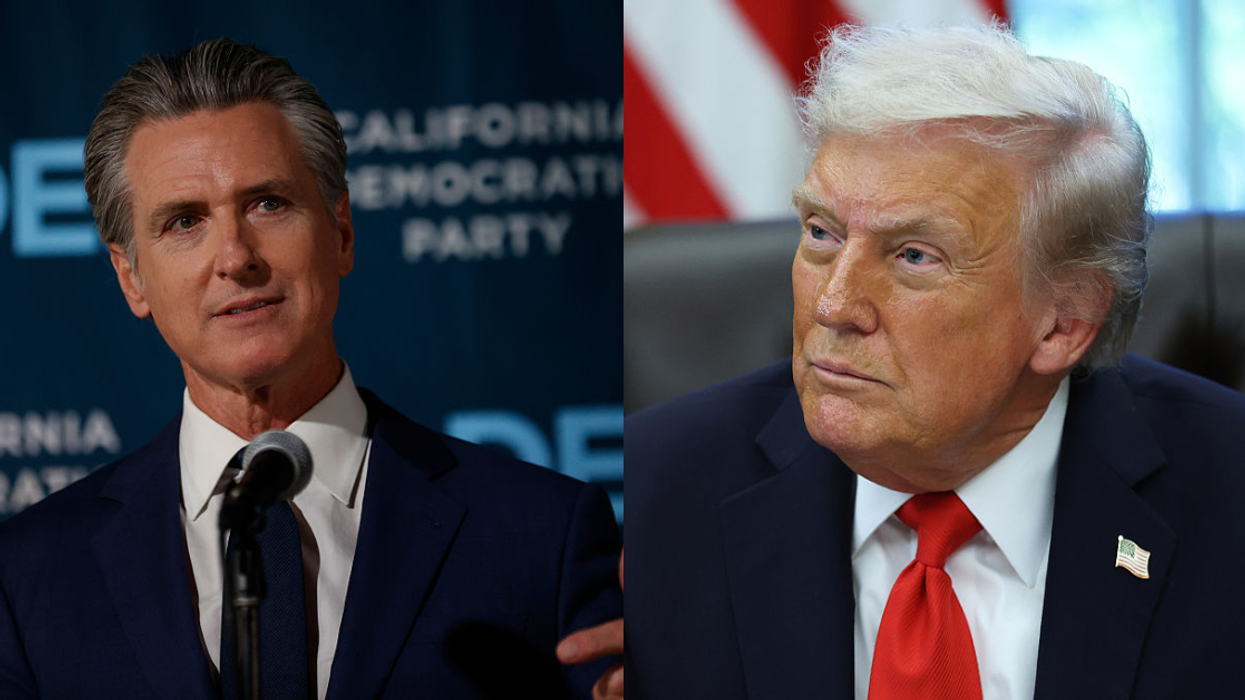
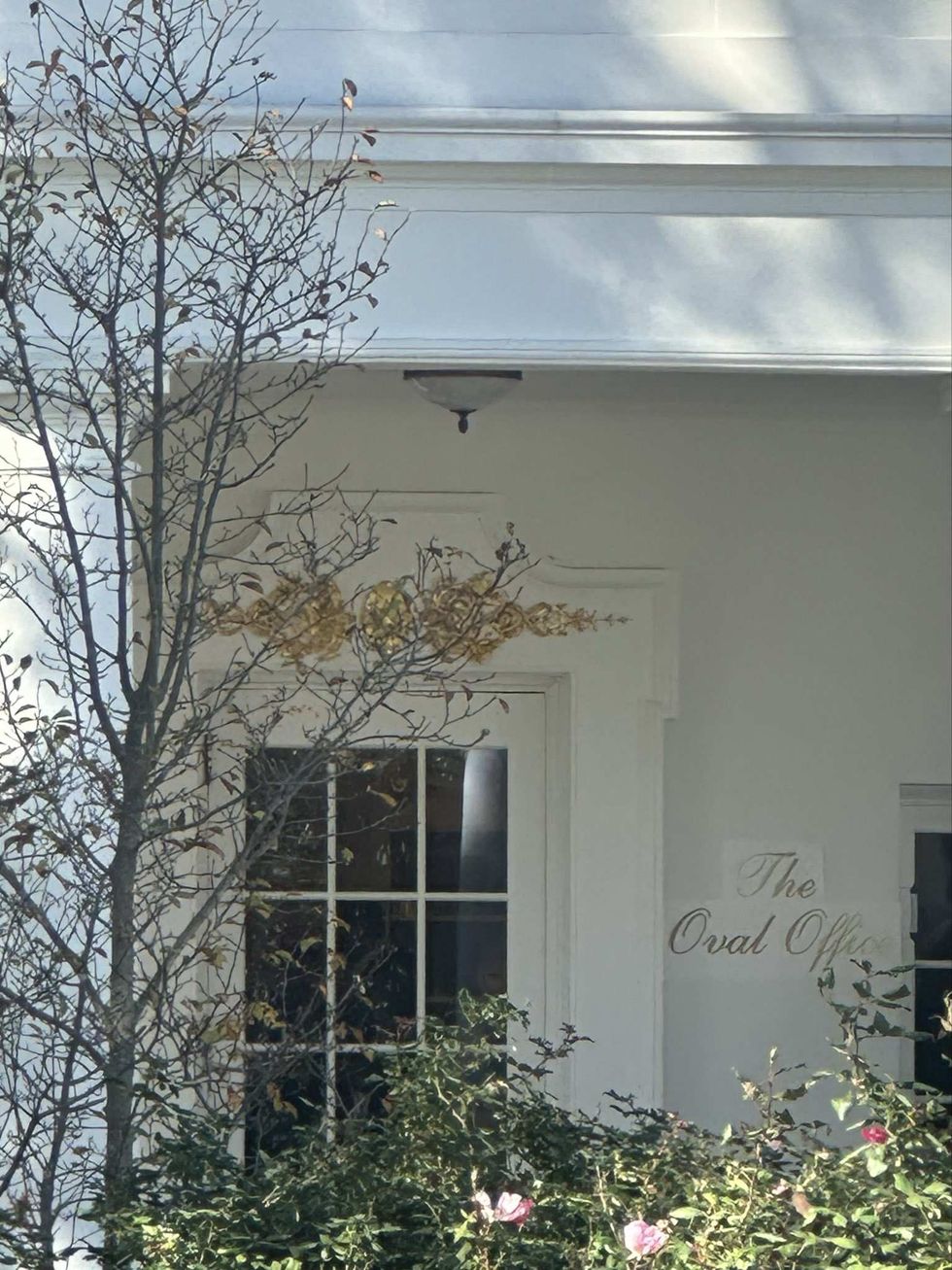 @kaitlancollins/X
@kaitlancollins/X @GovPressOffice/X
@GovPressOffice/X